Carney could ‘weed out bad apples’ with his high expectations for federal public service
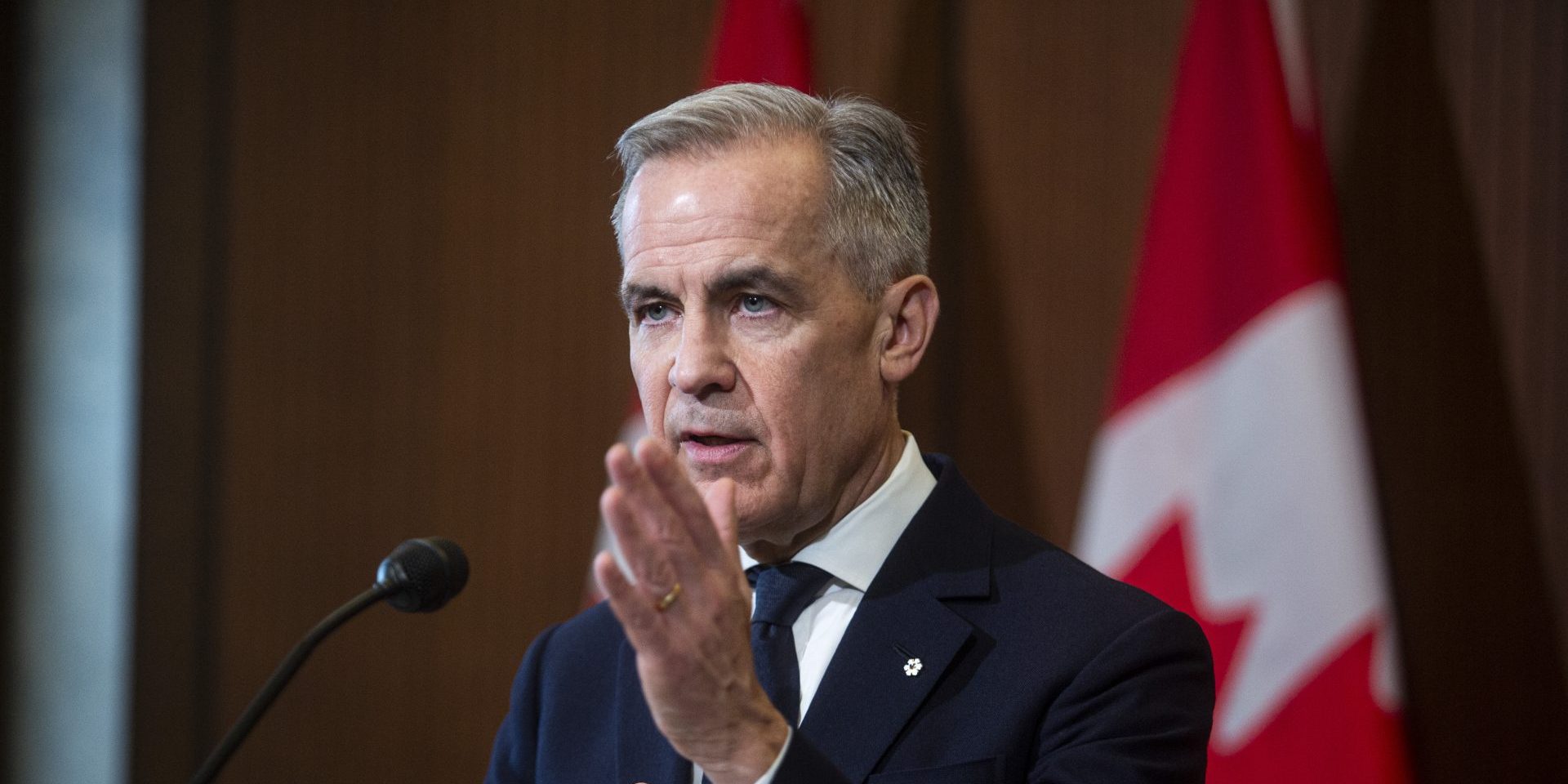
As revelations circulate about Prime Minister Mark Carney’s willingness to discipline top bureaucrats who aren’t meeting his standards, some say it’s a chance for the public service to sharpen up and self-correct—or to finally weed out bad apples.
“It’s about time,” said David McLaughlin, a former senior provincial public servant and chief of staff to then-prime minister Brian Mulroney. “Good.”
As reported in The Globe and Mail on June 25, Carney (Nepean, Ont.) has high expectations for senior civil servants and expects them to swiftly carry out his “nation-building” agenda. Those who aren’t meeting the moment can expect to be disciplined, the story says, citing unnamed government and Liberal sources.
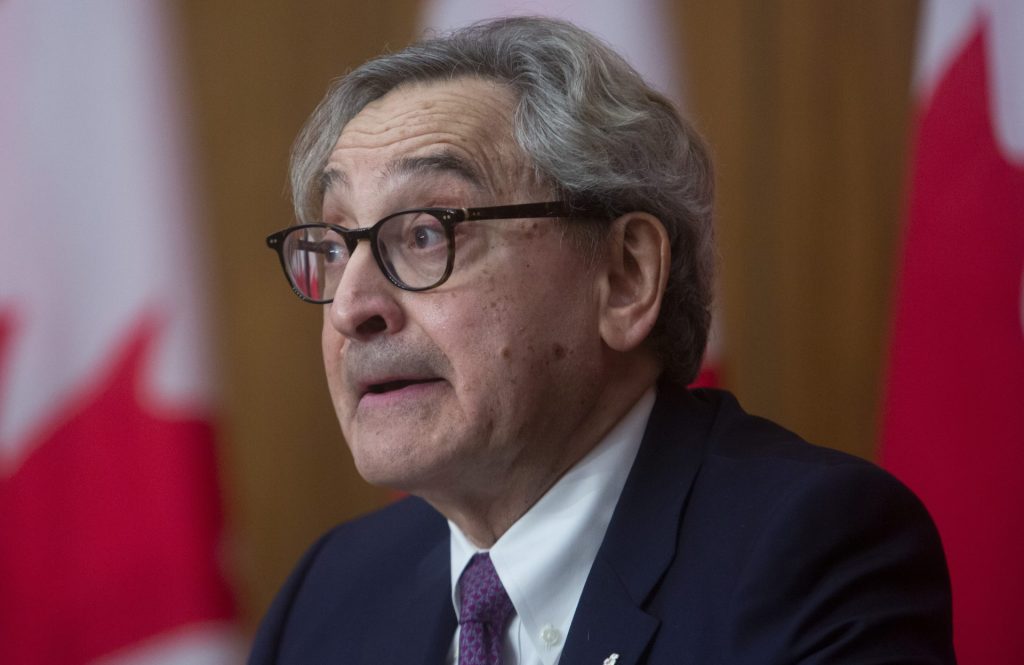
The Hill Times photograph by Andrew Meade
According to those sources, Carney has discussed demoting or dismissing those in the senior ranks who can’t meet performance goals set by incoming Privy Council Clerk Michael Sabia and Carney’s incoming chief of staff Marc-André Blanchard. Carney and his advisers have been told that they should not tolerate deputy ministers who are slow to implement the government’s agenda. Most civil servants can’t be easily fired or demoted, but deputy ministers are appointed by the prime minister, and therefore, serve at his pleasure
After a small June 20 shuffle, further shakeup to the top ranks is expected once Sabia takes the reins at the Privy Council Office, which operates as the conduit between the public service and the prime minister.
McLaughlin said The Globe‘s reporting is likely to light a fire under some deputy ministers, and is “the type of thing you want out there because then there is good, self-corrective behaviour by officials” who know they need to up their game for a prime minister who demands more from them.
The story suggests Carney is setting a tone for his tenure, and is also an indication that he’s ready to dig in and “invest some time and effort on improving the public service,” McLaughlin said.
But, McLaughlin added, more has to be done than just disciplining under-performers. Rather, “they’ve got to change the systems, the processes, and the roles of people,” he said.
An official told The Globe and Mail that Carney is “serious about ensuring that top echelons of the public service meet his high expectations.”
“He’s made it clear, for example, that he expects cabinet ministers and deputy ministers to show up on time for meetings, to be well prepared and to have answers to his probing questions,” The Globe reports.
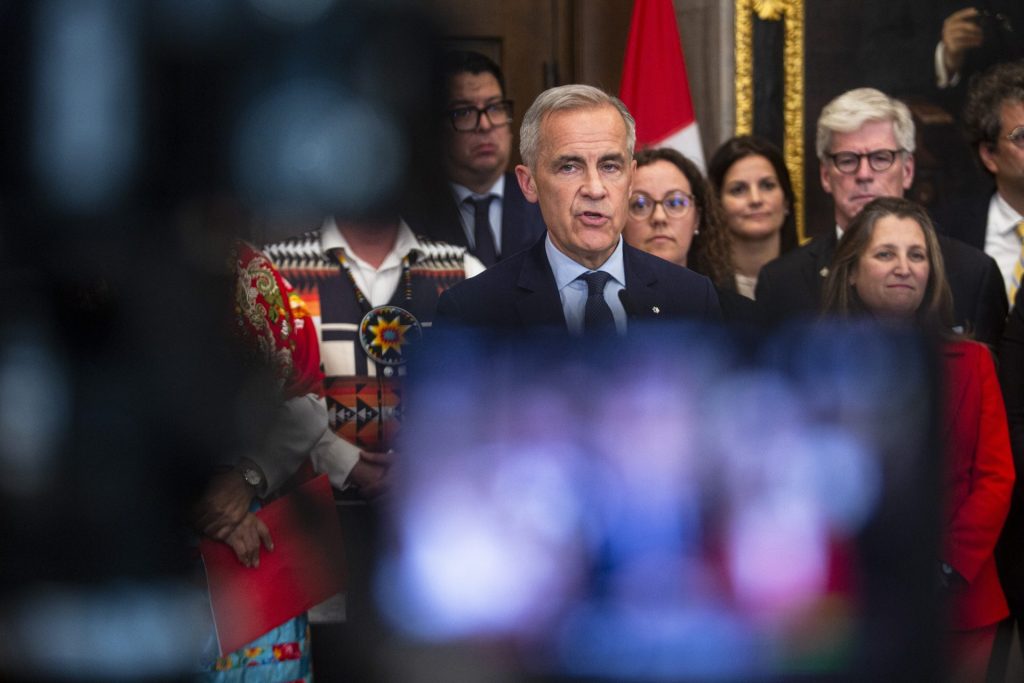
McLaughlin diagnoses the ills of the public service as having a risk-averse culture, over-reliance on contracting to consulting companies at the expense of in-house expertise, and “sclerotic” processes that aren’t fit for purpose.
As it stands, Carney doesn’t have the right people in the right jobs, McLaughlin said.
“The senior ranks of the public service are fatigued, worn down by crisis after crisis,” he said. “[Carney] needs more outside people coming in that are fresh, who are going to bring a different discipline and focus to public service delivery, to efficiency and productivity than what we have now.”
‘A good boss makes a difference’
Carney won’t be able to implement his ambitious goals of rebuilding Canada’s economy with the current bureaucratic engine in place, he said.
On the same day the House rose for summer break, Carney shuffled a handful of senior bureaucrats, promoting well-known and well-respected names to new posts. But it was largely seen as a move to clear the deck for future appointments in the PCO and other key roles.
“I don’t think it just needs a fine-tuning of moving a few people around; it needs an overhaul,” McLaughlin said. “They’re all quality professionals, but they need a better public service system in which to work,” adding “a good boss makes a difference.”
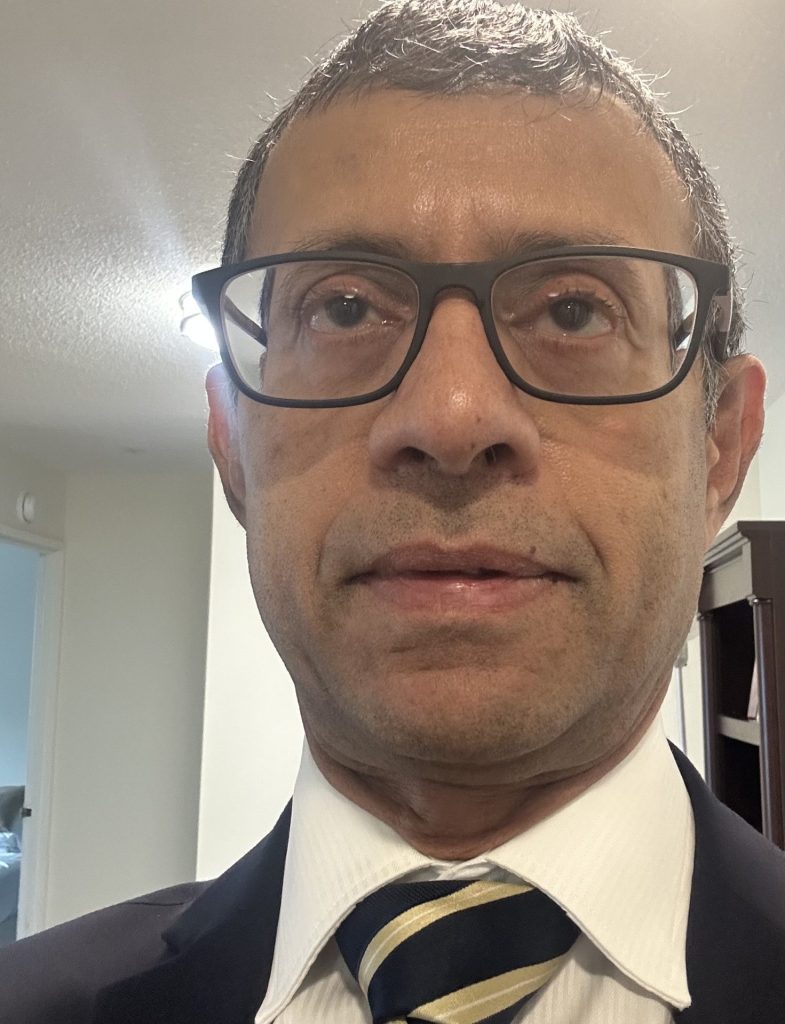
Ram Mathilakath, a former executive with the Parliamentary Budget Office and the federal government, said Carney’s move will be a welcome change as it could get rid of the bad apples, or people who lack competence or expertise. In other words, “the type of people where it’s better for them to stay home,” he said.
“[Carney’s] sending the right signal that we don’t stand for incompetence and corruption,” he said, adding it comes as welcome news in some departments.
“It actually makes people happy. Many departments are saying, ‘Oh, my god, that’d be great.’ It’s high time that you start firing the bad apples, the incompetent ones.”
Mathilakath added Carney isn’t running the government like a business, as some have suggested, but rather employing “sound” management practices that are in place in other public services in the United Kingdom and Australia.
“I actually find it very strange when people [say] Carney is bringing in business practices,” he said. “It’s just sound management practices that any well-run organization would have. It’s not vindictive at all.”
Currently, Mathilakath said, under-performers are simply shuffled to new departments without having to answer for costly mistakes given the lack of accountability measures.
“When decisions are made by committees, there’s no one throat to choke,” he said. “So it’ll be a welcome change. Big time.”
‘New sheriff’ comes with public service background
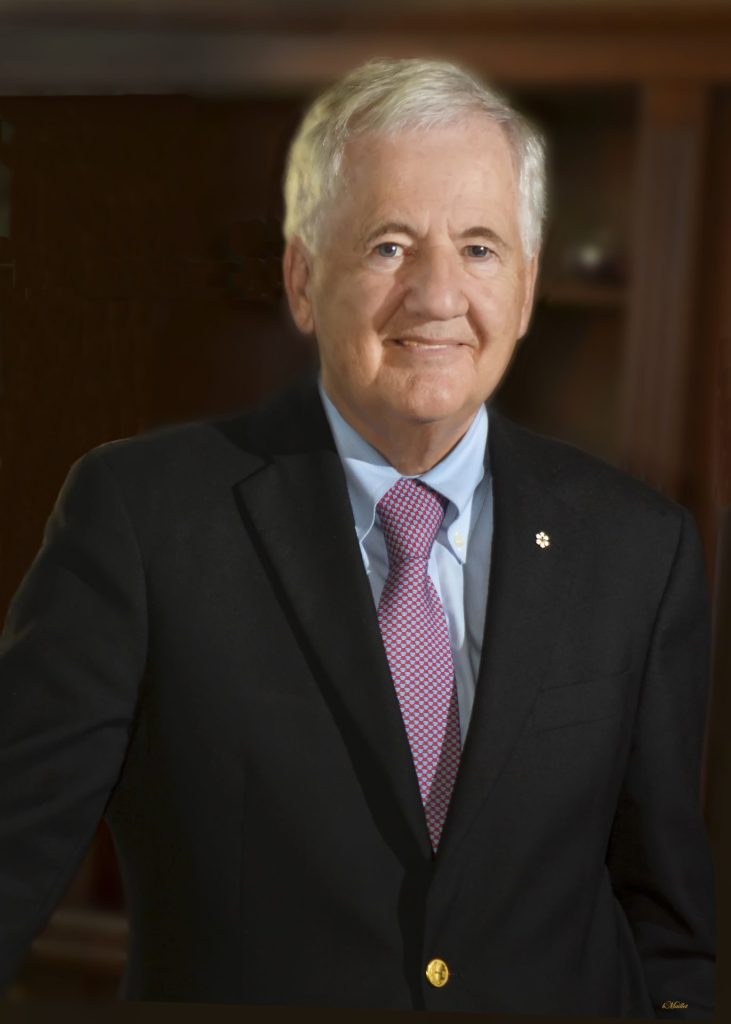
Donald Savoie, a professor of public administration at the University of Moncton, noted Carney is among the few who worked in the public service before becoming prime minister, including Lester B. Pearson and William Lyon Mackenzie King.
Carney has an insider’s perspective of how the system works, he said, and so does Sabia, who has extensive experience in both the public and private sectors.
“That means they know what senior public servants can do, and cannot do. They know that because they were part of it,” he said. “They can assess performances from a more objective fashion than past prime ministers.”
He said there will be “some tough questions to be answered every year” about the performance of deputy ministers.
“I think the new sheriff in town comes with different credentials than the old sheriffs that came in,” Savoie said. “He knows the system, he knows how people perform, and he will be able to see through the fog where other prime ministers weren’t able to.”
mglass@hilltimes.com
The Hill Times






 LICENSING
LICENSING PODCAST
PODCAST ALERTS
ALERTS













